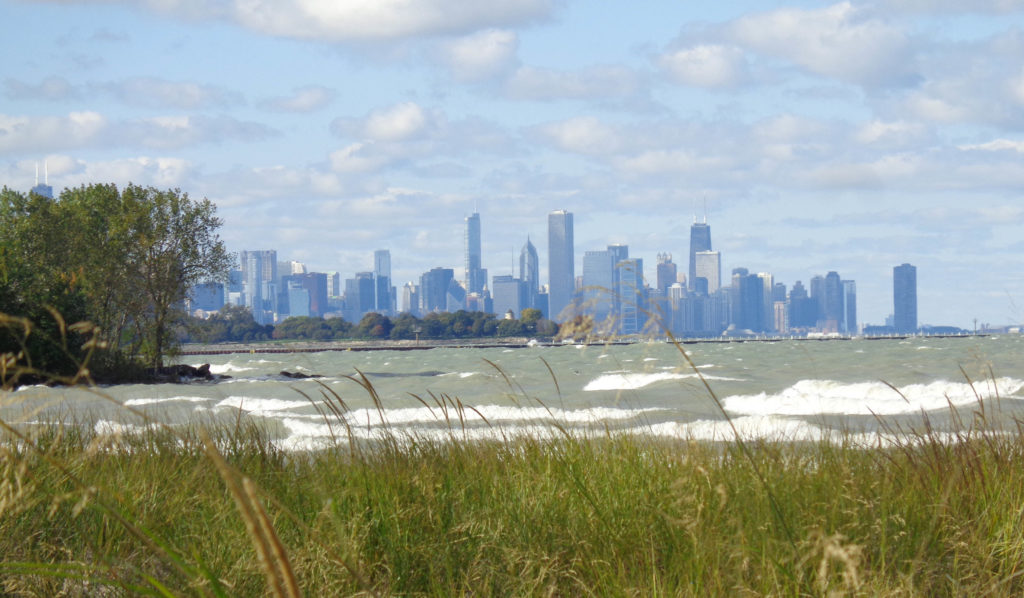
Illinois-Indiana Sea Grant (IISG) is excited to announce the funding of five new Discovery Projects. These small, one-year projects help researchers achieve bigger and better things, such as larger grants to study critical questions, providing proof of concepts that can be scaled up to support labs or businesses, or generating tools to help communities make the best use of available information. The five projects IISG began funding in 2018 address aquaculture, aquatic invasive species and pollution.
“These five new research projects are asking questions that are highly relevant to aquatic systems in Illinois, Indiana, Lake Michigan and the broader Great Lakes region,” said IISG Director Tomas Höök. “We have great hopes that these Discovery Projects will indeed springboard their principal investigators to other opportunities and outcomes.”
Aquaculture
Karolina Kwasek of Southern Illinois University-Carbondale will explore whether invasive Asian carp could be used to feed very young largemouth bass raised in aquaculture facilities. Largemouth bass are a popular species across the country, but their high protein requirements make them tricky to rear. Kwasek hopes this novel use of Asian carp may support aquaculture growers who wish to raise largemouth bass.
Invasive Species
Eric Larson of the University of Illinois at Urbana-Champaign will use a relatively new concept, that of an avatar species, to predict where a new invasive species might establish. He will use the red swamp crayfish, which is already found in the Great Lakes basin, as an avatar to predict where another potential invader, Chelax destructor, might successfully establish. If successful, this method could potentially be applied to other potential invaders, including fish, aquatic plants, and other macroinvertebrates.
Pollution
Jen Fisher of Indiana University Northwest will investigate whether pollution from failing septic systems might be affecting microbial communities on beach sand, ultimately posing a risk to human health. Her work will be focused in northeast Indiana.
An Li of the University of Illinois at Chicago will assess presence of microplastics in Lake Michigan sediments using samples that have been previously collected and analyzed for other contaminants. Through this work, she hopes to generate protocols that can be applied to sediments in any aquatic system.
John Scott of the Illinois Sustainable Technology Center will examine whether microplastics help introduce per- and polyfluoroalkyl substances (PFAS) to the lower levels of aquatic food webs. His timely work has the potential to affect fish consumption advisories, if it seems likely that PFAS can be transferred up the food web.

